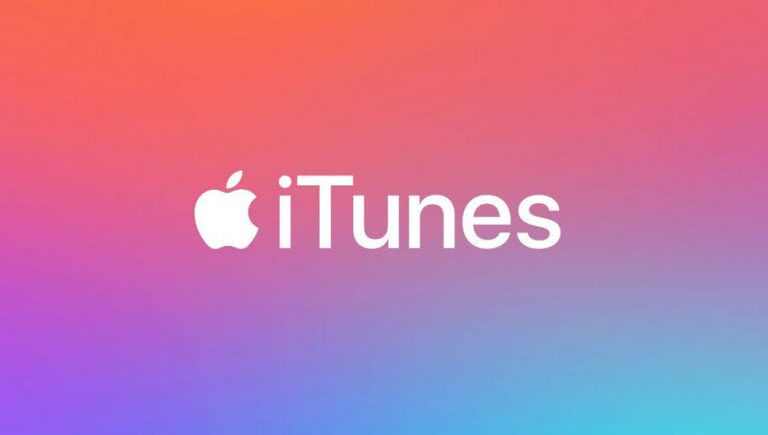Apple have officially announced the demise of iTunes, revealing what programs will take the place of the media giant following its imminent exit.
Over the weekend, news broke that after 18 years, iTunes was reportedly set to be discontinued by Apple.
Reportedly, Apple’s choice to shut down iTunes is part of a broader strategy, around rejuvenating its various media forms. Apps for Music, TV, and Podcasts are already on iPhones and iPads, with Mac and Macbook users now getting access to them.
Now, in an announcement made at the annual developer’s conference in California, Apple have formally announced that iTunes will meet its end later this year under the new Mac operating system, macOS Catalina.
While iTunes appears set to go the way of the iPod Classic, a new media experience will instead take its place, with Apple Music, Apple Podcasts, and Apple TV all taking its place.
Of course, the question that everyone is asking is what will happen to their music libraries? Well, thankfully Apple have come through on this one, revealing that your pre-purchased music and library will not be affected by this change.
In fact, they will also continue to offer (for at least the foreseeable future) the ability to purchase and download music, indicating that their Apple Music streaming service is not going to take over your music consumption in the near future.
Love Music?
Get your daily dose of metal, rock, indie, pop, and everything else in between.
In fact, Apple confirmed these facts in their latest press release, noting that “users will have access to their entire music library, whether they downloaded the songs, purchased them or ripped them from a CD. For those who like to own their music, the iTunes Music Store is just a click away.”

What the “killing off of iTunes” does mean though, is that if you currently use iTunes in order to manage your music, podcasts, and movies, then you will now be forced to use three seperate apps to do this.
While this does seem somewhat cumbersome, it’s worth noting that this will likely result in a far less bloated application that the current iteration of iTunes, allowing a more streamlined and lightweight approach to the technology used for these activities.
However, the future of iTunes looks set to be unchanged for those who use Windows, with an Apple representative telling Pitchfork that “Windows users will see no changes in their experience.”
So, in essence, Apple is not eliminating iTunes and ruining your music experience. Rather, they’re hoping to better this experience, providing far better applications for users to achieve their goals with, and continue to offer previous capabilities that the wayward iTunes app delivered.
Of course, while it remains to be seen whether or not these new apps will actually prove to be better or more useful than what iTunes became known for, there will undoubtedly be plenty of criticism coming from its diehard users.
However, we’ll have to sit back and wait to see if Apple will once again revolutionise the way we experience music with these new applications.
Check out a classic iTunes ad:


































